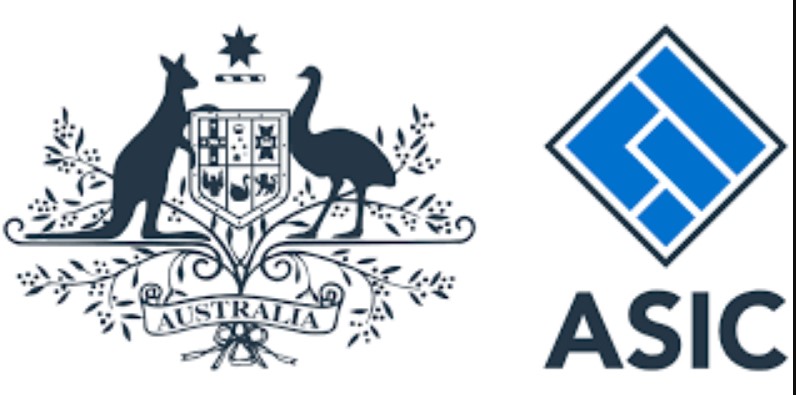The Australian Court ruled in favor of ASIC against Qoin Coin, saying that ” blockchain is not a financial product, and the Qoin scheme required a license.”
The Australian Federal Court’s decision in the markets regulator’s case against BPS Financial Pty Ltd (BPS) regarding its Qoin scheme was overwhelmingly in favor of Australia.
Court documents indicate that on Friday, Judge J. Downes rendered a verdict in favor of the Australian Securities and Investments Commission (ASIC) in its Unlicensed Conduct Case against BPS.
Nevertheless, the judgment should have been considered when BPS operated as a duly authorized representative of PNI Financial Services Pty Ltd, the holder of a license not to process cash payments.
According to the ASIC, the authorized representation was in effect for ten months.
ASIC sues BPS for its Qoin scheme.
ASIC initiated legal proceedings against BPS in 2022 when it initiated a petition requesting a court order declaring that the entirety of the Qoin project—token, blockchain, and wallet—constituted a financial product subject to a license.
ASIC argued that the Qoin Wallets and the Qoin Blockchain constituted a unified scheme. The court, however, rejected this assertion.
The court order explicitly stated that the Qoin Blockchain, the registration process for business operators as Qoin Merchants, and the methods for acquiring Qoin were not integral parts of the mechanism facilitating non-cash payments.
Legal scholars have emphasized the significance of the court’s ruling against ASIC’s effort to categorize an entire blockchain as a “financial product” under Australian law.
Michael Bacina, Chair of Blockchain Australia and a Lawyer specializing in digital assets, underscored that the decision recognized blockchains as fundamental technologies, distinct from the legal ramifications associated with their application.
In accordance with the ruling, ASIC and BPS have been ordered to confer and reach an agreement on the remaining matters, including the imposition of penalties. This is expected to occur later this month.
Critique of Cryptocurrency in Australia
Notably, cryptocurrency has come under a growing amount of scrutiny in Australia.
Binance Australia informed its clientele in May of last year that they would no longer be able to make deposits or withdrawals in Australian dollars. One of the exchange’s third-party service providers made this decision.
Even the premises of Binance Australia were searched by Australian Securities and Investments Commission (ASIC) representatives in July.
Furthermore, in March, Australia’s prudential regulator mandated banks to disclose their investments in cryptocurrency firms and businesses in response to the banking sector’s upheaval caused by the failure of Silicon Valley Bank.
The APRA requested that local banks enhance their reporting on crypto assets and furnish the regulator with daily updates to obtain a more comprehensive understanding of potential system vulnerabilities.
The Australian government also introduced a proposal in October to impose the same regulations on digital asset platforms as on other providers of financial services.
Under the proposed strategy, cryptocurrency platform proprietors must secure a financial services license and subject customer funds to ongoing surveillance and regular audits.
Blockchain Australia, an industry association that advocates for the digital currency and Blockchain sectors in Australia, has introduced fresh endeavors to combat crypto scams and forgeries in light of intensifying regulations on cryptocurrency payments.



